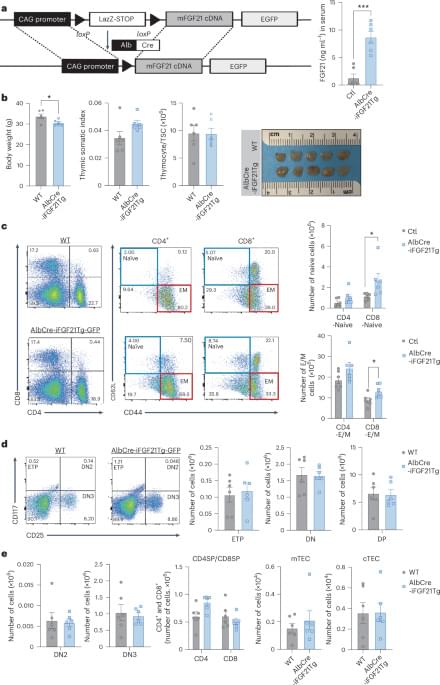A study of thousands of people finds that neural connections in the brain start to break down quickly around age 44, but the research hints that ketone supplements could potentially help slow that brain aging.
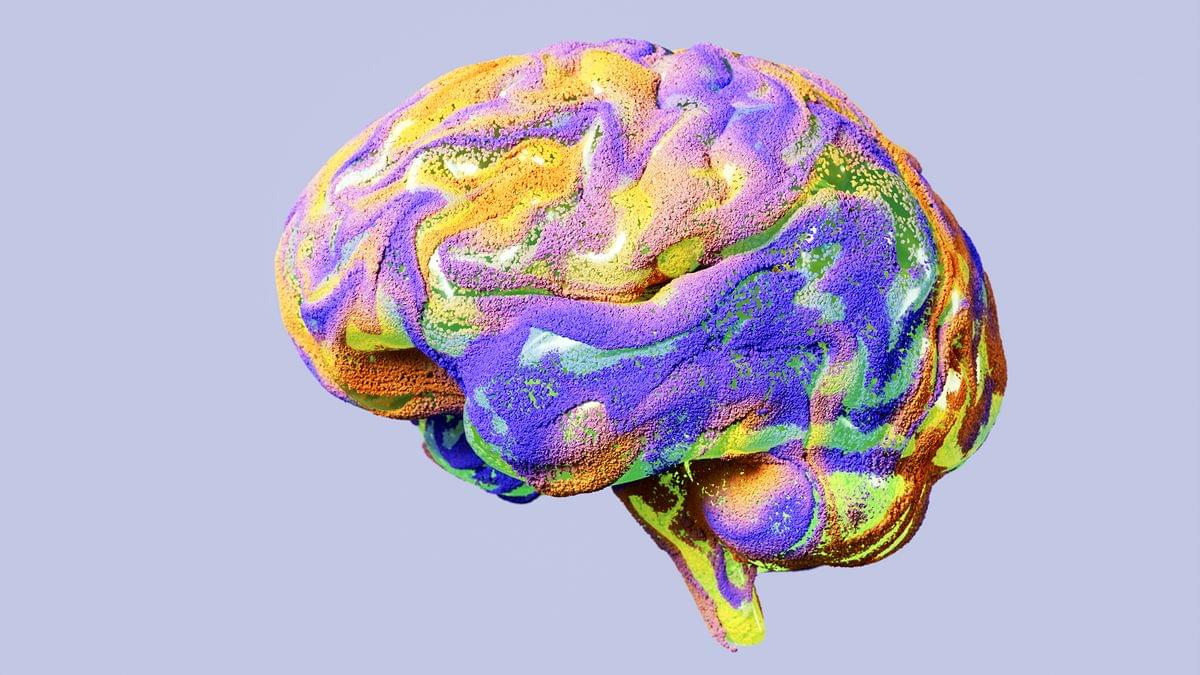


Molecular nanotechnology, life extension, AI, biostasis, and the real threats to the future
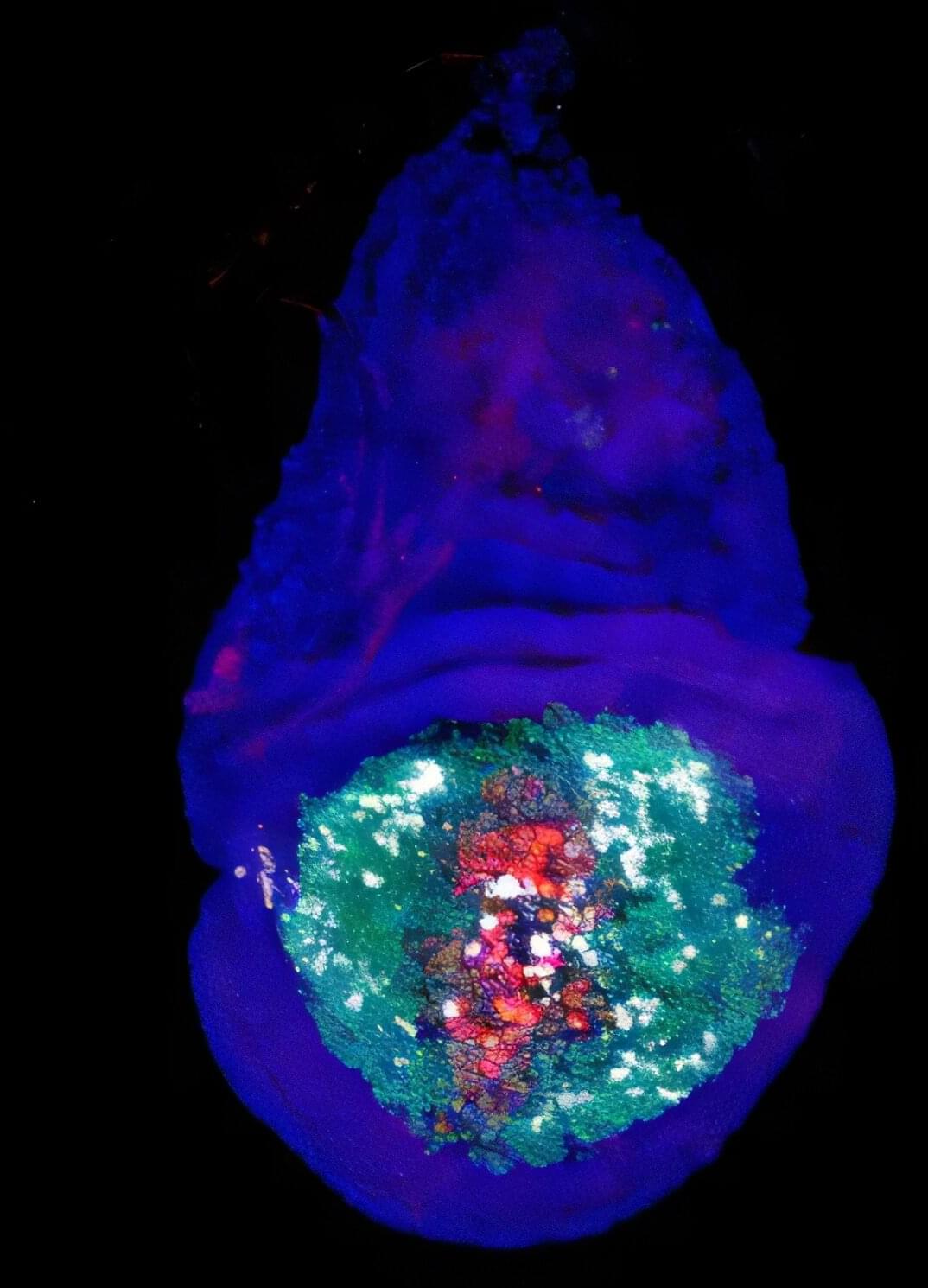
Researchers have shed new light on how tissues in the body are repaired following the damage and premature death of tissue cells.
Their study in fruit flies, which first appeared in eLife as a Reviewed Preprint and is now published as the final version, describes what the editors call fundamental discoveries with solid evidence for how dying (or necrotic) cells contribute to tissue regeneration through a previously uncharacterized mechanism. It suggests that these cells play a role in signaling for the body to produce other types of cells that are involved in controlling natural cell death and inflammation, with findings that may have implications for wound repair and tissue regeneration.
As our bodies grow and develop, cells naturally die off where they are no longer needed, in a process called apoptosis. On the other hand, cells can be damaged and die prematurely due to injury, infectious diseases or other factors, in a process known as necrosis.
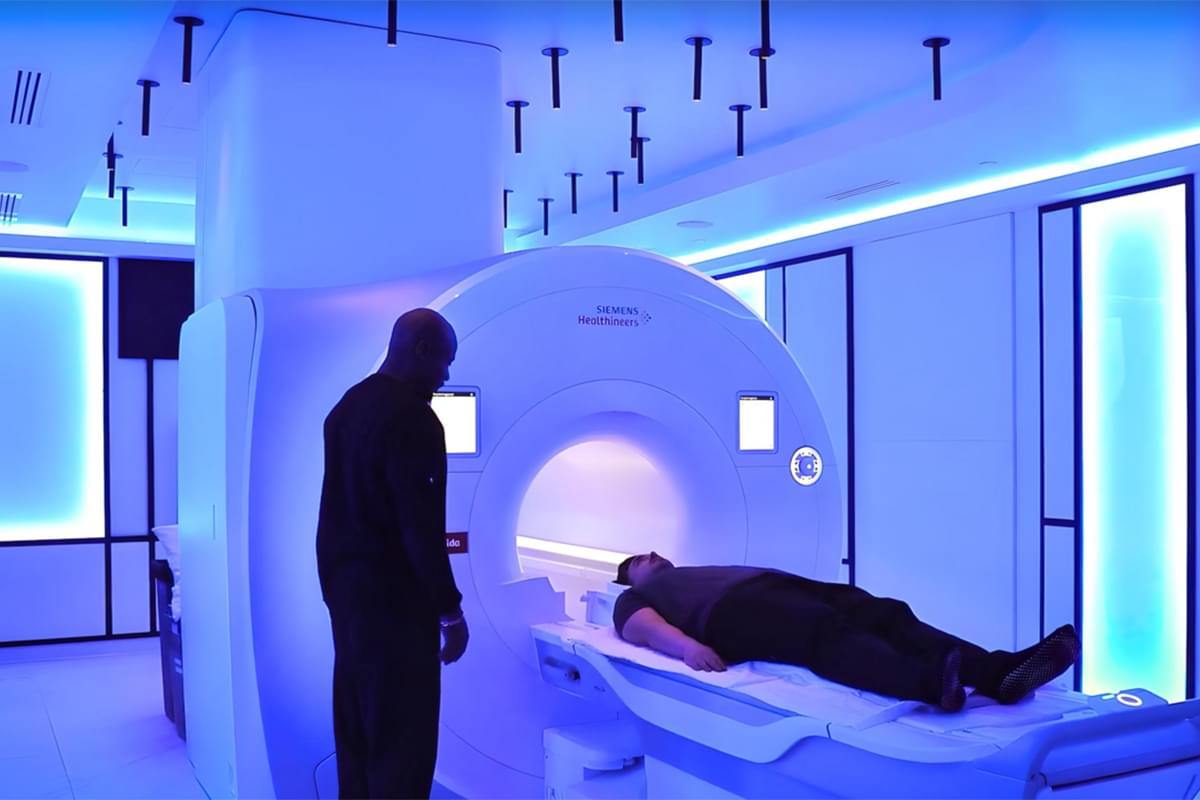
In an unprecedented move, precision medicine provider Human Longevity, Inc. (HLI) has effectively guaranteed its Executive Health Program members that it will prevent them from developing late stage prostate cancer. Such is the company’s belief in its preventive approach, it has announced it is committing $1 million for advanced treatment of any member diagnosed with stage four of the disease or higher while under its care.
Founded in 2013 by genomics pioneer Dr J Craig Venter, San Francisco-based Human Longevity Inc. (HLI) aims to extend human health and performance beyond the traditional focus on treating illness. By continuously analyzing health data from its clients, HLI seeks to identify potential health risks – such as prostate cancer – early, enabling targeted interventions to extend both healthspan and lifespan.
Leveraging data collected from more than 5,000 men over the past decade, HLI claims it has developed what it believes to be the most advanced algorithm for early prostate cancer detection. As preventive medicine continues to demonstrate its capacity to mitigate previously life-threatening conditions, will we see commitments of this nature emerging for more diseases?
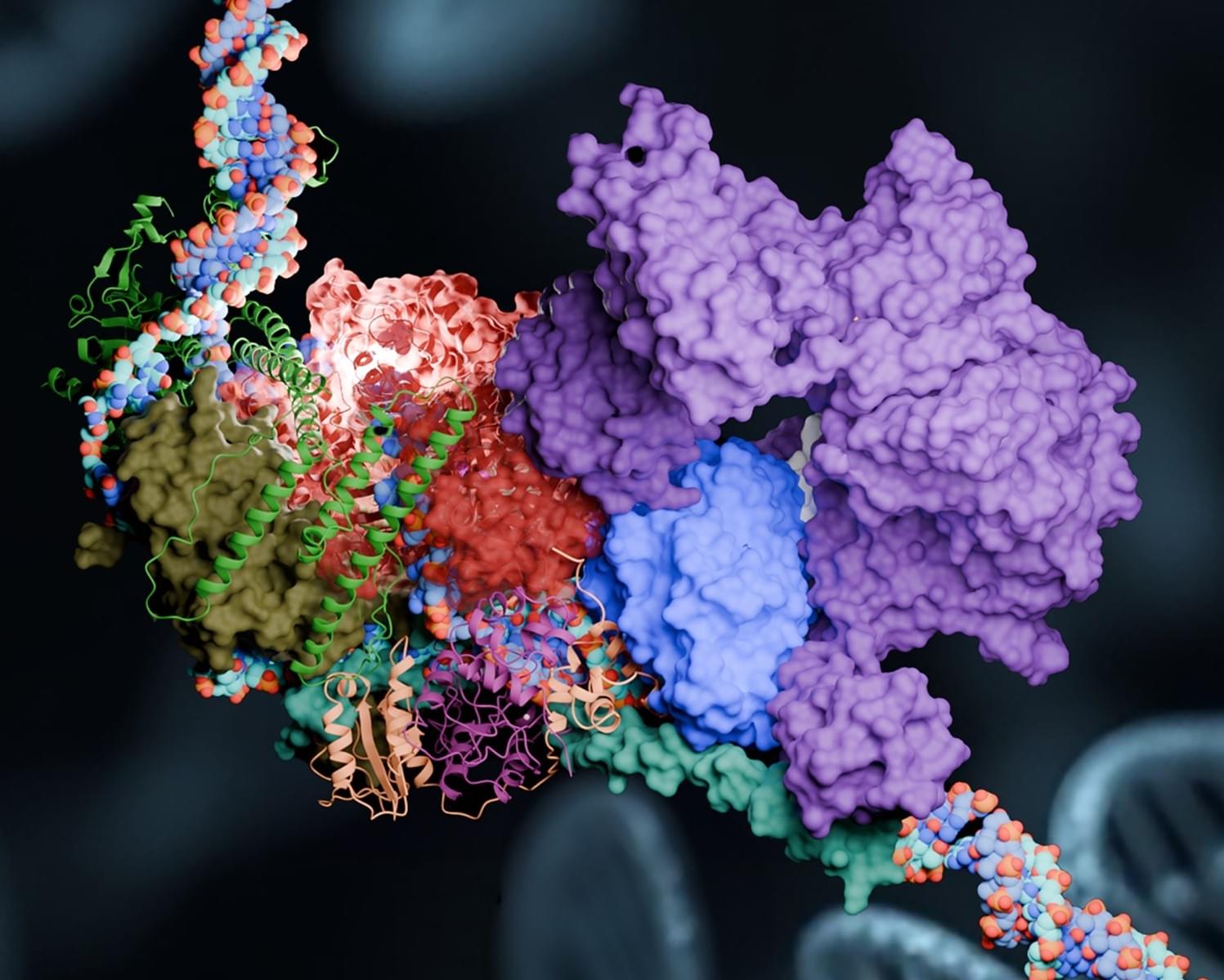
Sunburns and aging skin are obvious effects of exposure to harmful UV rays, tobacco smoke and other carcinogens. But the effects aren’t just skin deep. Inside the body, DNA is literally being torn apart.
Understanding how the body heals and protects itself from DNA damage is vital for treating genetic disorders and life-threatening diseases such as cancer. But despite numerous studies and medical advances, much about the molecular mechanisms of DNA repair remains a mystery.
For the past several years, researchers at Georgia State University tapped into the Summit supercomputer at the Department of Energy’s Oak Ridge National Laboratory to study an elaborate molecular pathway called nucleotide excision repair, or NER relies on an array of highly dynamic protein complexes to cut out, or excise, damaged DNA with surgical precision.
February’s Longevity Review is now available, with a look at how the combination of Omega 3, Vit D & exercise can slow aging; a human trial of young blood plasma; Klotho gene therapy to increase lifespan; and, in the Canadian content study, how cellular reprogramming protects retinal neurons in multiple sclerosis.
A review of the most interesting and impactful longevity related studies from Febuary, with a look at how the combination of Omega 3, Vit D & exercise can slow aging; a human trial of young blood plasma; Klotho gene therapy to increase lifespan; and, in the Canadian content study, how cellular reprogramming protects retinal neurons in multiple sclerosis.
Contents:
1. Intro 0:00
2. Omega 3, Vitamin D & Exercise Slow Aging 0:55
3. Young Blood Plasma Human Trial 9:46
4. Klotho Gene Therapy Increases Lifespan 18:45.
Canadian Content Study.
Join us on Patreon! https://www.patreon.com/MichaelLustgartenPhD
Discount Links/Affiliates:
Blood testing (where I get the majority of my labs): https://www.ultalabtests.com/partners/michaellustgarten.
At-Home Metabolomics: https://www.iollo.com?ref=michael-lustgarten.
Use Code: CONQUERAGING At Checkout.
Clearly Filtered Water Filter: https://get.aspr.app/SHoPY
Epigenetic, Telomere Testing: https://trudiagnostic.com/?irclickid=U-s3Ii2r7xyIU-LSYLyQdQ6…M0&irgwc=1
Use Code: CONQUERAGING
NAD+ Quantification: https://www.jinfiniti.com/intracellular-nad-test/

Scientists have discovered a “blueprint” for long life by decoding the genome, gut health and lifestyle of the world’s oldest person who died last year at 117.
Maria Branyas Morera, an American-Catalan Caucasian woman, was born in March 1907 in San Francisco, US, and died in August 2024.
While centenarians are becoming more common thanks to advances in health care, supercentenarians aged over 110 are still extremely rare.
